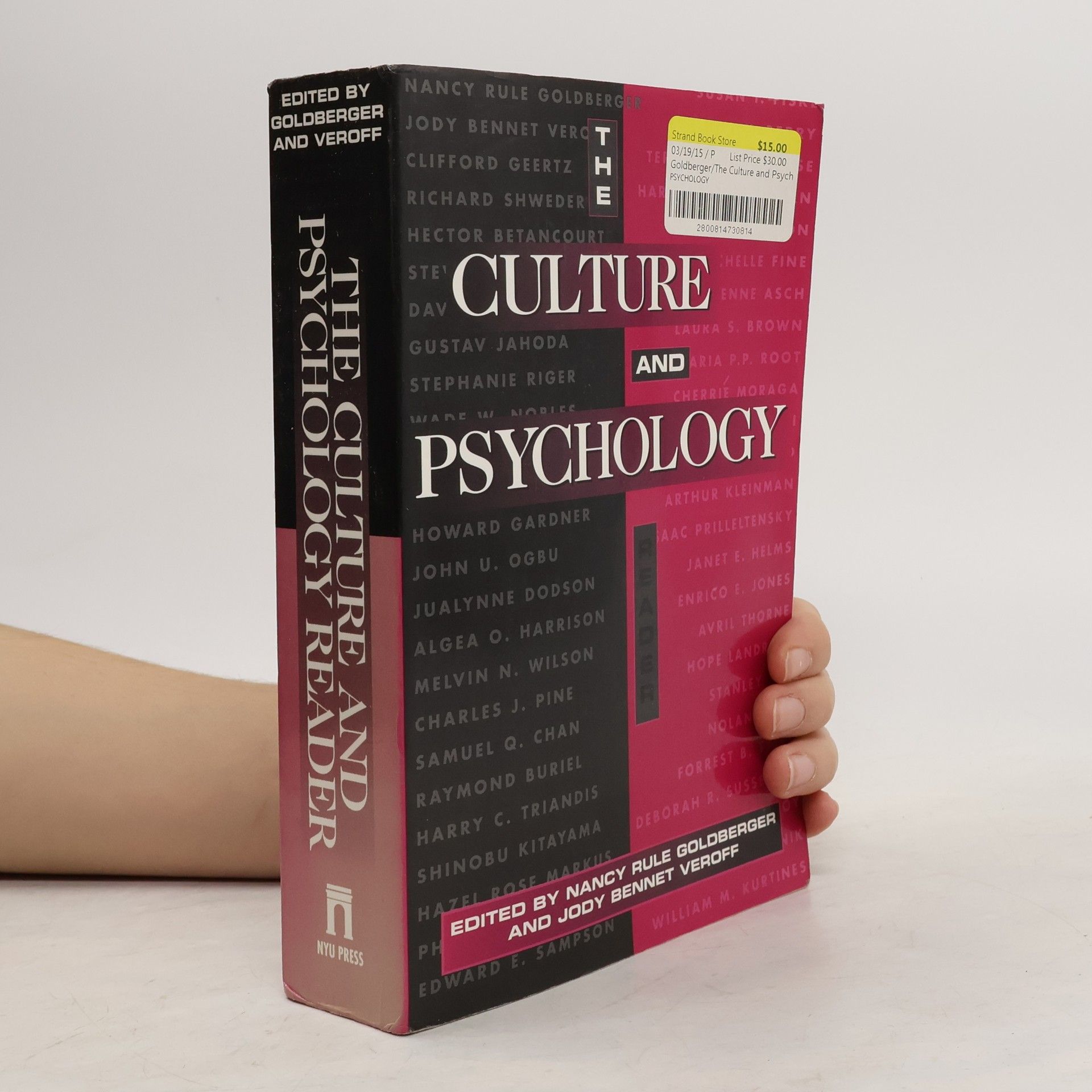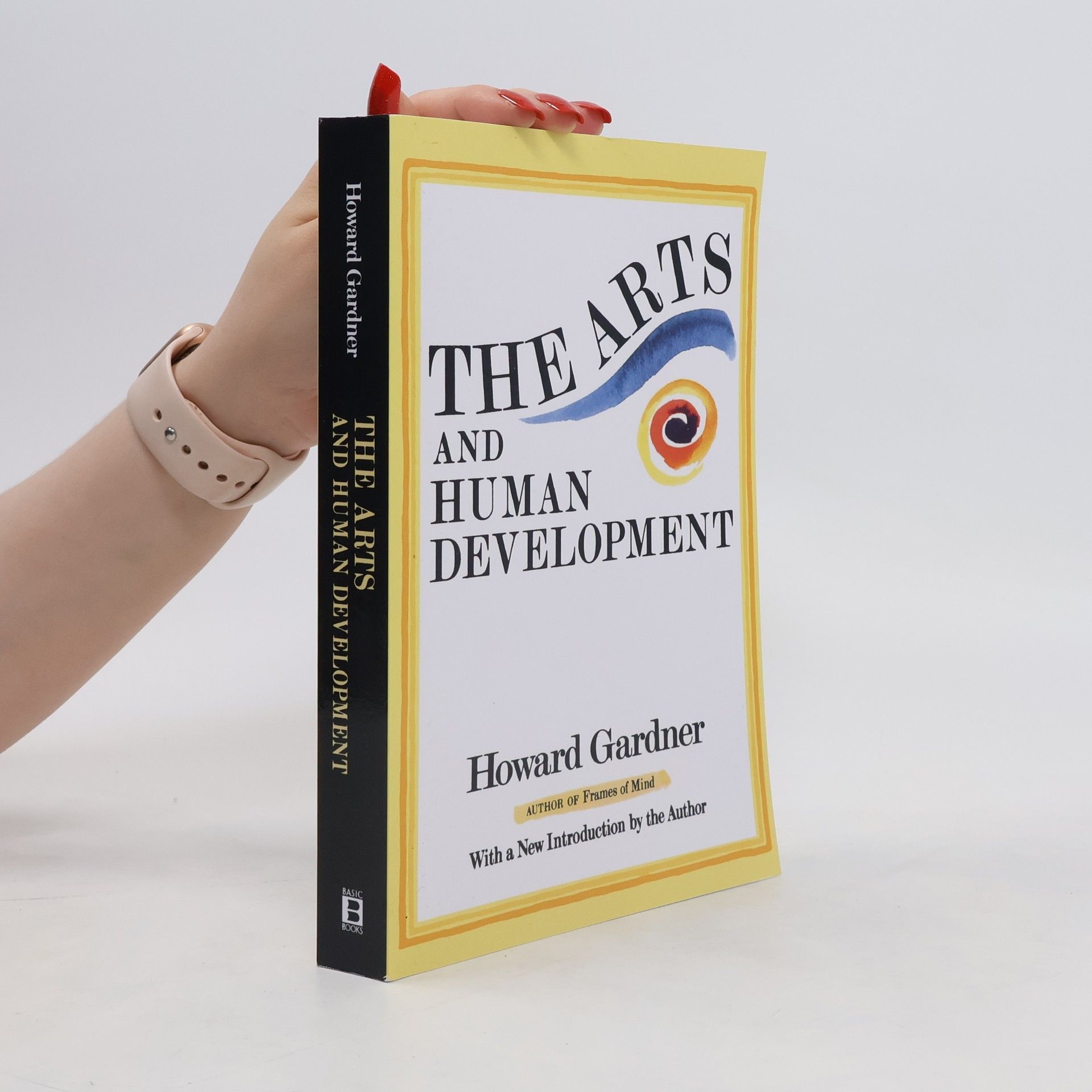The Culture and Psychology Reader
- 844 pages
- 30 hours of reading
A comprehensive guide to the myriad issues at the nexus of culture and psychologyCultural differences affect everything from international relations to the trivial encounters of daily life. Tensions between the U.S. and Japan, strife between African-Americans and Koreans, the difficulty urban youth encounter in adapting to a white-collar professional culture―all can be traced, directly or indirectly, to cultural and psychological barriers.The Culture and Psychology Reader gathers a wide range of contributors to present a comprehensive guide to the myriad issues at the nexus of culture and psychology. What role have culture, race, and ethnicity assumed―or, rather, been allocated―in American psychology? How do traditionally marginalized groups, such as African-Americans, poor women, lesbians and gays, and bicultural people, perceive themselves and what can this tell us about the interplay between culture and psychology?Beginning with definitions and an overview, the book examines such issues as development, adaption, the acquisition of culture, the self in a cultural context, and diagnostic assessment and treatment acknowledging the risk of cultural bias. Contributors to this volume Clifford Geertz, Richard Shweder, John Ogbu, Laura Brown, Michelle Fine and Adrienne Asch, Cherrie Moraga, June Jordan, Arturo Madrid, Howard Gardner, and Arthur Kleinman.








